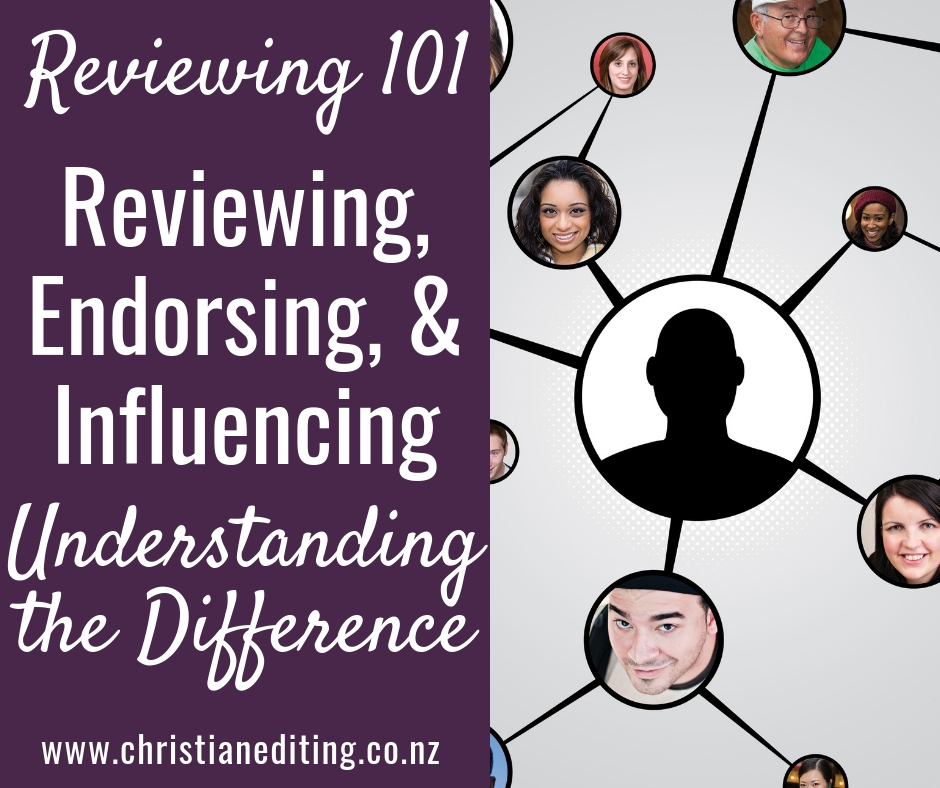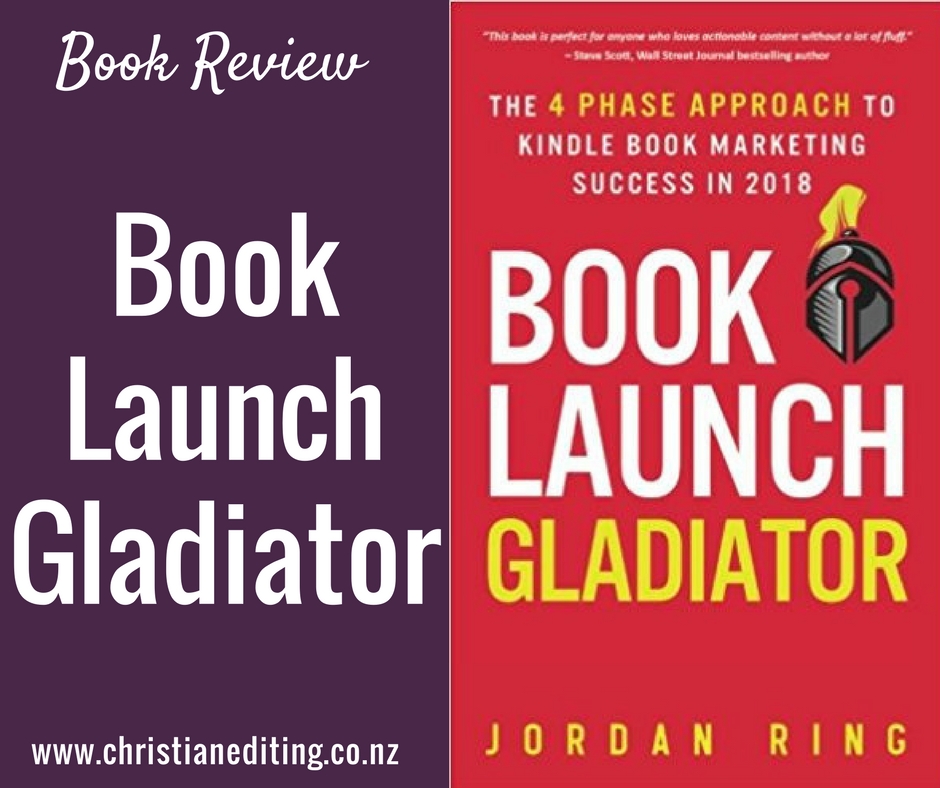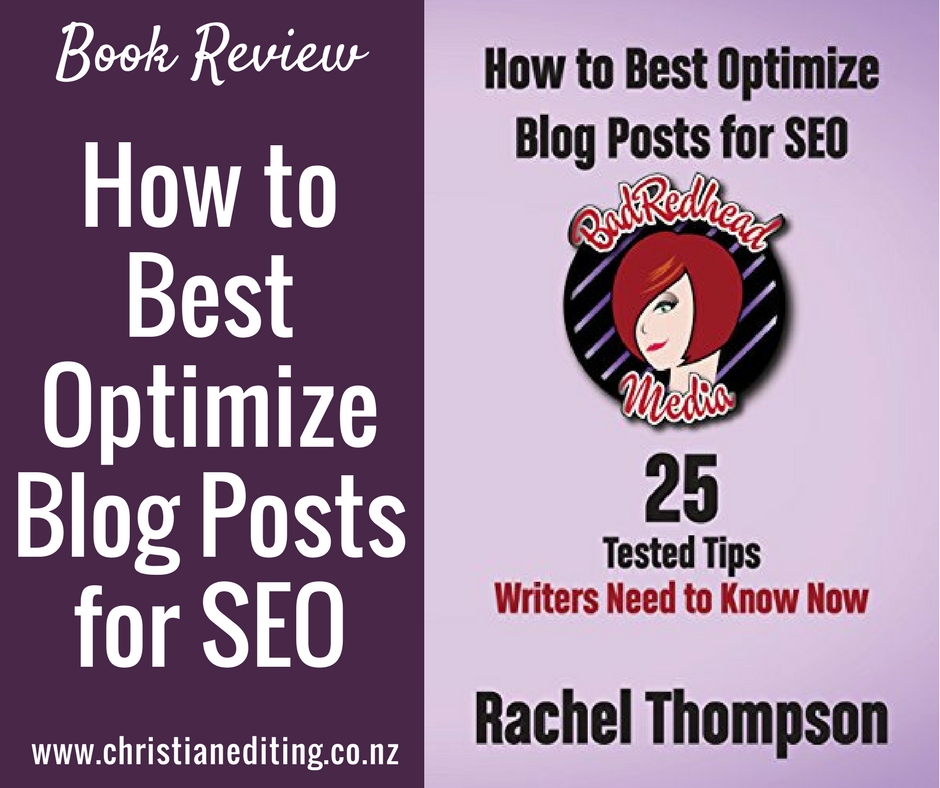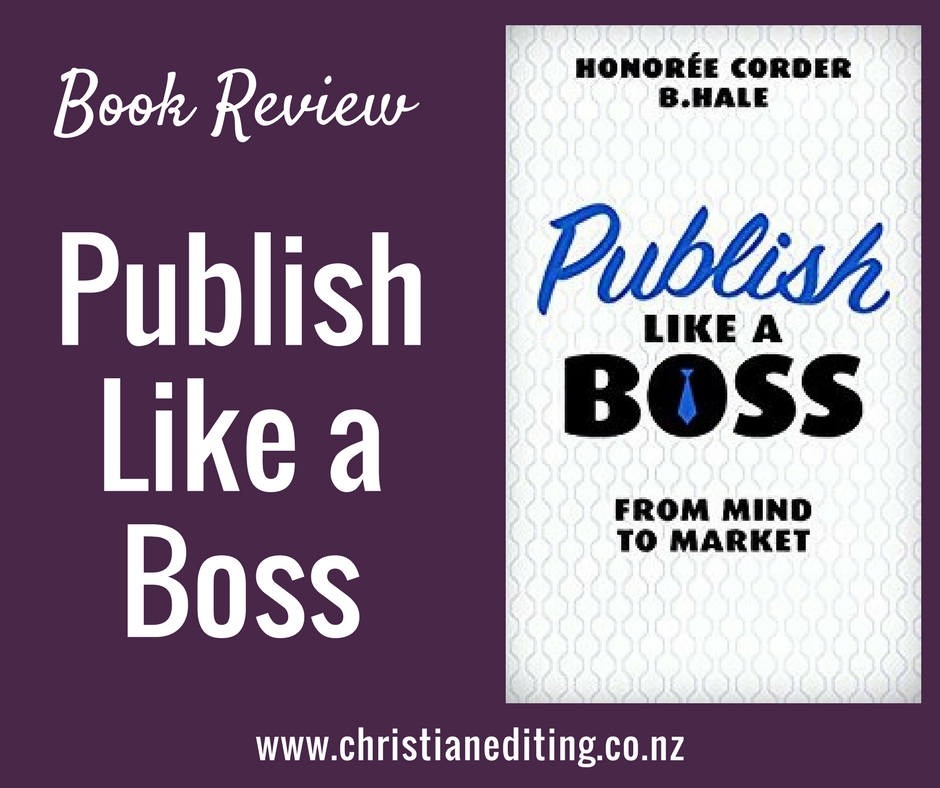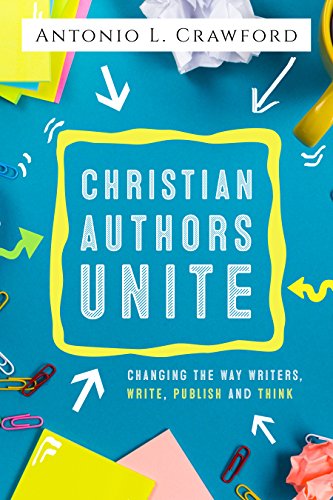Book reviews are for readers. But not all reviews are written with the reader in mind. So when is a book review not a book review? When is it an endorsement? And when is it influencing?
First, let’s define reviewing, endorsing, & influencing.
For our purposes, a book review is just that—a review of a book. It’s usually published, whether in a dead tree newspaper or magazine, or online. Online reviews might be published on a website, a blog, a retail site (e.g. Amazon or Barnes & Noble), a booklover site (e.g. Goodreads or Litsy), or on social media (e.g. Facebook or Instagram). It might be published on one, then promoted on social media. There might be a relationship between the reviewer and the author
An endorsement is usually a comment or review from someone who has a relationship with the author. They might be friends. They might be acquaintances. They might share a publisher or agent. The review might be a full review, or it might be a one-line pull quote that appears on the cover of a book.
Either way it is an endorsement, which is written for the author or publisher to promote the book. It’s not a real book review—because reviews are for readers.
Influencers may or may not have read and reviewed the book, but their primary role is to promote the book for the author.
Reviews are for Readers
Book reviews are written for readers. The purpose of a review is to help readers make good choices about what they read. After all, our time is precious, even more so than our money. I don’t want people to waste money—or time—on book they won’t enjoy, so I try to make clear in my reviews who will (or won’t) enjoy a book.
Authors shouldn’t be afraid of critical reviews. It’s better that a book has one well-written critical review that points out the intrusive omniscient viewpoint and overbearing Christian themes than dozens of reviews from bashers who feel they were tricked into reading Christian fiction when they were looking for a bad boy billionaire romance. (As an aside, if your book is Christian fiction, please categorise it as such to prevent these reviews.)
It’s worth remembering that a review can be positive without being five stars—the star rating is a subjective indication of how much the reviewer liked the book, not an objective rating of how good the book is. There are great works of literature I loathe (*cough* Vanity Fair *cough*). There are badly written novels I’ve enjoyed. Most people agree Twilight is badly written, but the series has done well.
Note also that star ratings vary across sites: “I liked it” is four stars on Amazon, but only three on Goodreads. An a low-star review can still give readers valuable information that might even convince them to buy the book (e.g. “there was no sex”). A review that convinces a reader this won’t be the right book for them is just as valuable as the review that sells a book.
But not all reviews are created equal.
When it comes to online reviews (at Amazon or other sites), it can be hard to know which reviews you can trust. The trick is knowing something about the reviewer’s history. On most sites you can click on the reviewers name and see their profile, which includes their reviews. Goodreads even shows the average rating for a reviewer. I’m looking for reviewers who:
- Mostly review books (not household appliances or the free app of the day).
- Review books by a range of authors. I don’t mind if they review in a specific genre (e.g. Christian fiction or cookbooks) as long as they don’t review only a single author.
- Review the book rather than critiquing the author.
- Tell me what they like and didn’t like about the book (and don’t just give a plot summary).
- Review books from a range of publishers.
- Review both self-published and traditionally published books.
- Use a range of star ratings in their reviews. A reviewer who gives everything five stars (or one star) doesn’t tell me anything about their reading tastes and whether ‘m going to like the books they like.
I also ignore books that only have five-star reviews from new authors or authors I’m not familiar with. Even the classics have one-star reviews, so lots of five-star reviews is a red flag.
Influencer Reviews
The last few years have seen the rise of the online influencer (thanks, Khardashian family). Big-name influencers have huge followings and can command thousands for a single Tweet or Instagram post (to better understand influencing, click here to check out my review of Influence).
Book reviewers are not in the same league—few receive anything for their work beyond a free copy of the book (regular reviewers often receive free books as well). Some influencer reviews may actually be endorsements, as discussed above.
Street Teams
But I am seeing more and more authors proactively creating influencer teams to help promote their new release books. Sometimes these are called Street Teams or Launch Teams. Basically, a Street Team is a group of readers who are going to read the book and share it with others, promoting it on social media and telling their virtual and real life friends.
My personal standard for being an influencer is that I will only offer to influence if I’ve read and enjoyed the book—which tends to mean something I’ve edited or beta-read. I don’t want to promote a title I didn’t enjoy because that might reflect badly on me. I also review a lot and don’t have much space in my personal or social media schedule to influence. As a result, I’m selective about the titles I choose to influence for.
Being an influencer extends beyond reading and reviewing the book.
Influencing can include:
- Cover reveal
- Blog post
- Social media posts
But the big problem for authors is getting people to join their street team … with a particular focus on people who aren’t already on 20+ other street teams. I can understand the problem—authors
My tips are:
Focus on reviewers who love and regularly promote books in your genre.
The chances are they’ll make more of an effort if your book is in their favourite genre. Even if they don’t, their blog is more likely to attract your target reader, which gives your book visibility with the right audience.
Focus on reviewers who are active on social media (e.g. Facebook, Instagram, Pinterest, and Twitter).
Readers are unlikely to purchase your book the first time they see it. The more times they see your name and your book cover, the better.
Focus on less well-known reviewers.
They might not have the reach of the bigger reviewers and influencers, but that means they are likely to be pleased to have been chosen, and will have the time to put into promoting your book.
Focus on newer reviewers.
A new reviewer is less likely to be a member of multiple street teams, and will therefore be grateful for the opportunity and will work harder to promote your book than the reviewer who is on all the street teams.

